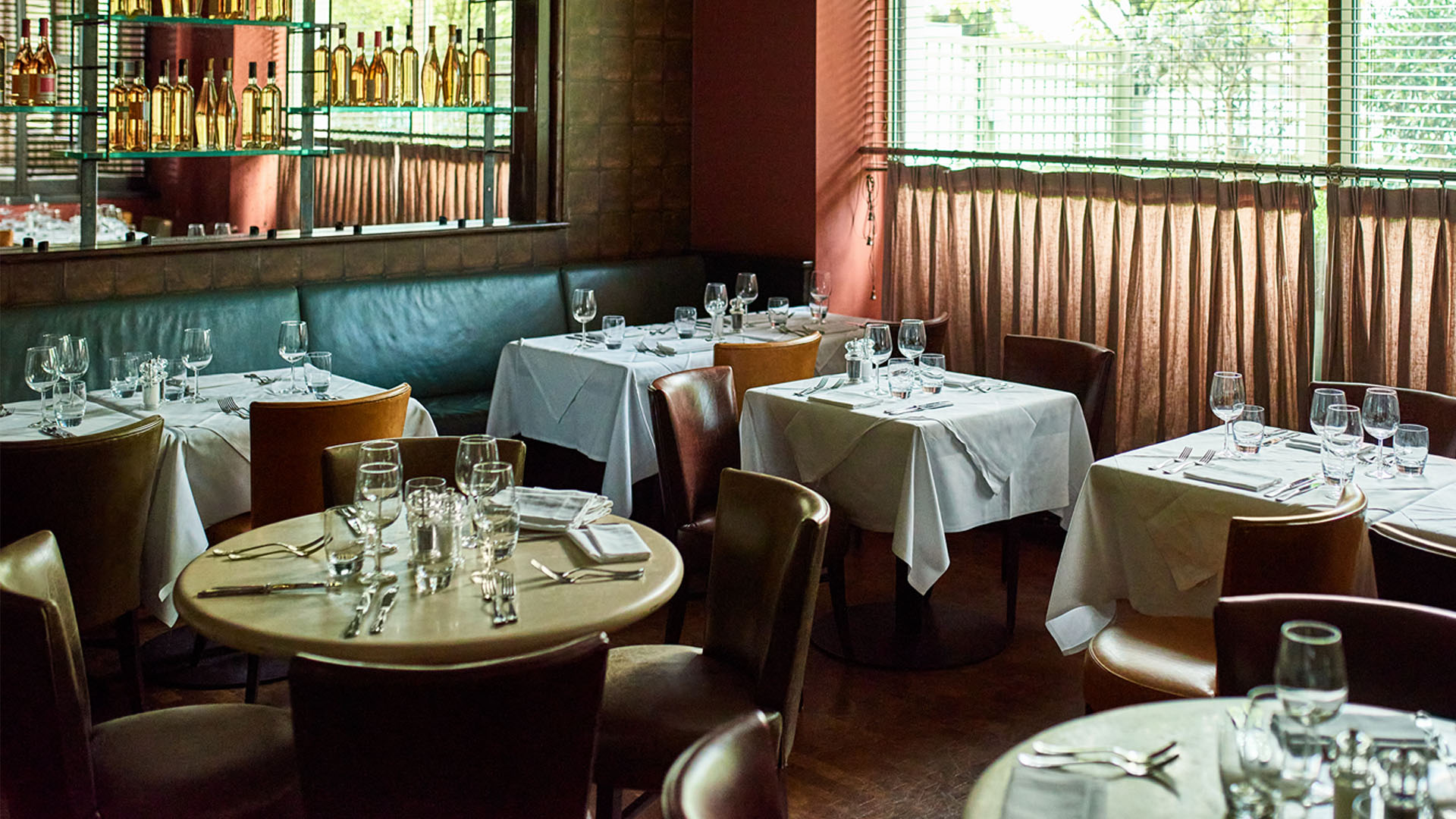TWO beloved restaurant chains could be the next to face closures across the country, a retail expert has told The U.S. Sun.
A phenomenon being dubbed the “retail apocalypse” has plagued stores nationwide, and it’s affected everything from fashion companies and grocers to food chains.
But Applebee’s and Chili’s are likely some of the next to close their doors, according to retail expert Andrew Lokenauth.
These closures would be just the tip of the iceberg of the larger problem.
Around 40 percent of the nation’s department stores have closed since 2016, according to reports.
It’s a trend exacerbated by heavy inflation and a rise in online shopping post-pandemic.


Inflation has kept prices at an all-time high, stretching the limits of Americans’ wallets and reducing consumer demand across the board.
Many companies have been forced to file for bankruptcy under the market pressure.
Over 60 major retailers have already made the move to file, including Brooks Brothers, J. Crew, Sears, Lucky Brand, Forever 21, and Circuit City.
But who’s next? According to Lokenauth, it could be the familiar middle class America favorites, Applebee’s and Chili’s.
Lokenauth, a Tampa-based financial analyst who now is the founder of personal finance media platform Fluent in Finance, has spent more than 15 years working with the retail and restaurant industries.
He said that while some retailers will easily remain unaffected by the closure trends, mid-tier chains like Applebee’s and Chili’s will likely feel the brunt of it.
These chains are most at risk because they have essentially created brands that cater to the everyday middle class American, the expert explained.
“I think the stores that fall within the middle for the middle class Americans, those might not tend to do well because people will try to cut back,” Lokenauth said.
Applebee’s and Chili’s, and any other chains that depend on middle class Americans’ discretionary spending budgets, are more likely to experience the next hit of closures, Lokenauth predicted.
WHO WILL THRIVE
The retailers who have built market appeal around their discounts are more likely to thrive during this time, however.
Lokenauth said places like Dollar General and Five Below will continue to do well. The same is true for stores selling high luxury goods like Nordstrom.
Lokenauth explained that those stores’ clienteles will continue their spending habits no matter if there’s a recession or not.
“Those people are not affected by the recession,” Lokenauth said.
“So your places that save you money like your dollar stores will do good and your luxury stores will do good because they have their clientele who always come in no matter what,” Lokenauth added.
In terms of how retailers like Applebee’s and Chili’s can protect themselves from the upcoming turmoil, it’s a complicated equation, he said.
“The easiest solution would be to lower prices, but how low can you lower prices before you break even and you lose money?” Lokenauth said.
The make-it-or-break-it factor for what will end up keeping retailers afloat might lie in companies’ cash reserves. This will likely decide whether chains like Applebee’s and Chili’s sink or swim.
“The companies who have the most cash would be in the best position to withstand a storm like this,” Lokenauth said.
However, Lokenauth’s prediction is just a guess at where the retail environment will go. Nothing is certain.
Currently, Applebee’s and Chili’s have been able to weather the storm of inflation.
Earlier this year, executives at Applebee’s said their customers have been resilient through times of inflation.
In the third quarter of 2022, Applebee’s saw its year-over-year comparable same-restaurant sales increase by 3.8 percent.
To date, Applebee’s has more than 1,500 stores in the US.
Chili’s also hasn’t shown signs of struggle just yet.
Despite concerns over increased menu prices, Chili’s comparable store sales increased eight percent in the quarter ending December 28, 2022. Plus, revenues rose nine percent to $879million from $808million.
All this occurred even as menu prices increased 10 percent to match inflationary pressures.
In 2022, Chili’s operated more than 1,200 Chili’s stores in the US.
The U.S. Sun has reached out to Applebee’s and Chili’s for comment.
WHAT’S DRIVING THE CLOSURES
It was a perfect storm of factors that saw the retail apocalypse come to life and close hundreds of stores nationwide, according to Lokenauth.
Inflation, plus the pandemic-inspired shift toward online shopping, are key variables.
“It was amplified by the excess of money that we printed during the recession,” Lokenauth said. “When you’re printing that much money, it has to be absorbed back into the economy.”
As the money supply increased, prices were forced to adjust, reflecting sky high rates.
Looking at the price of eggs alone, the damage is clear. The cost of eggs surged 49.1 percent in November 2022.
Across the board, smaller businesses are struggling to keep up with the price hikes.
It’s inevitable many will be forced to close their doors for good, on top of the widespread closures at giant chains like Bed Bath & Beyond or Macy’s.
The perfect storm Lokenauth describes is made worse by the fact that Gen Z is trailblazing a new kind of shopping experience.
More and more of the market is turning toward the convenience of online shopping over brick and mortar stores.
“The younger generation has been groomed and become more accustomed to the convenience of shopping on their phone,” Lokenauth said.
“So for a lot of these brick and mortar stores that don’t have an online model, it’s very hard to compete.”
Instead of taking the time to drive and browse through a physical store, shoppers want to be at home, spending time with their families, as they add the products they need to an online shopping cart.
And under this method, shoppers even get the benefit of Google Chrome extensions like Honey to compare prices for an item and save money.
“We just live in a world of convenience with all the technology we have,” Lokenauth said. “I think that’s the biggest driver because the convenience and the technology also helps to ensure you’re getting the best prices.”
WHAT’S NEXT
With inflation still excessively high and the end to the closures nowhere in sight, Lokenauth anticipates that larger companies will be buying up the fallen stores’ assets.
Amazon already took over Sears’ assets for additional storage space, and similar business moves will likely be around the corner.
This will echo the changes consumers are already implementing in their spending habits, and e-commerce will be tough to beat in the years to come.
“We live in a very fast paced world where time is more valuable than money,” Lokenauth said.


Walmart has confirmed the closures of two more stores due to poor business performance.
Tuesday Morning is also facing uncertainty after filing for bankruptcy twice in three years.


